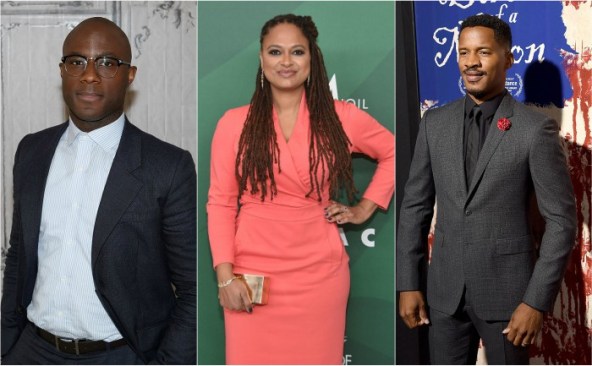
In this exclusive op-ed for theGrio.com, African American Film Critics Association Vice President, Daryle Lockhart, reflects on the status of diversity in Hollywood, a year after 2016’s #OscarsSoWhite boycott.
When NO Black actors were nominated for the 2015 Academy Awards, I was disappointed. But like many of you, I thought it was an anomaly. I didn’t like some of the excuses that were tossed around as to why certain directors couldn’t be nominated, or why certain actors’ performances didn’t seem to warrant nomination.
When it happened AGAIN in 2016, I was equally disappointed – and disturbed. I then shared April Reign’s #OscarsSoWhite hashtag, and joined in the discussion that took place in the industry and beyond.
I felt that this was more than an oversight. It was the result of a huge problem in this industry.
As we are seeing around the country right now, when Americans are upset about something, we say so. We march, we yell, we vote (well, some of us do), we walk out, and we protest. But the protests should also have a goal. The #OscarsSoWhite protest did have a goal. It wasn’t just a boycott. It wasn’t just a hashtag. It wasn’t just a few actors being sore losers. The overall idea was to bring to the attention of the industry (and those who love it) that actors, directors, and other creative people of color in the business were contributing work that was being ignored on Hollywood’s biggest night.
We still have a long way to go in this business. For example, there’s still the idea of “The DuVernay Test,” which is an idea best expressed by Manohla Dargis at The New York Times. It’s like the Bechdel test, but for racial diversity.
The idea is to require that African-Americans and other characters of color have fully realized lives rather than serve as scenery in white stories. There are a few movies released in 2016 that, had this testspace“> been applied at the pre-production stage, would have led to more enjoyable projects. There is still this idea that throwing a “Black friend” into a story helps the diversity of that story. The closer we get to erasing that idea and practice, the better many of these stories will be – no matter what the budget.
That said, there has been progress. The voting membership of the Academy is on track to double the representation of women and people of color by 2020. That never would have happened without the community bringing this to everyone’s attention.
And those new voting members have quite a bit to choose from this year. A year ago, many of us were blown away by Ryan Coogler’s Creed, and thought that Nate Parker’s Birth of a Nation would be THE movie everyone would be talking about.
But there’s more.


